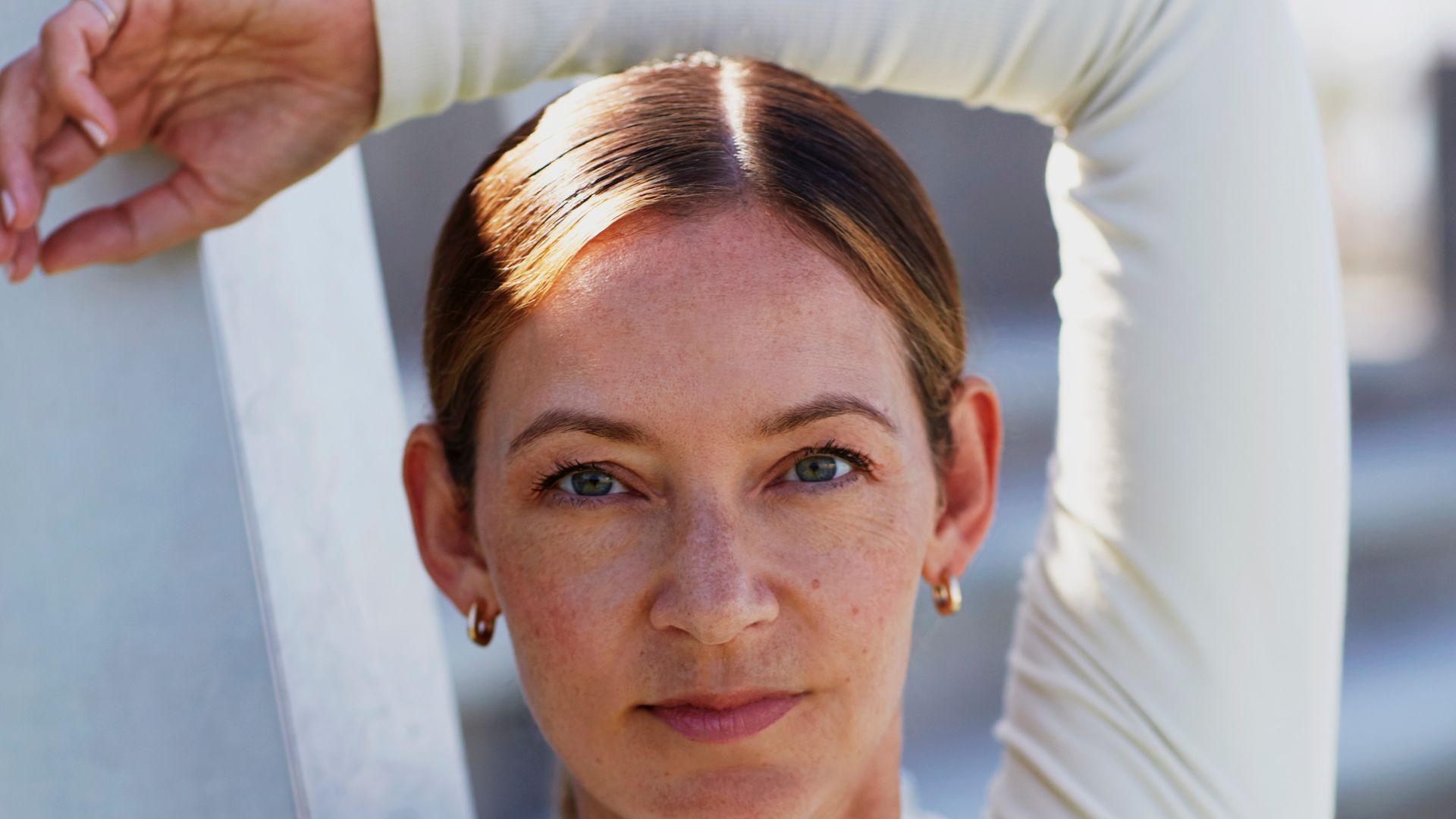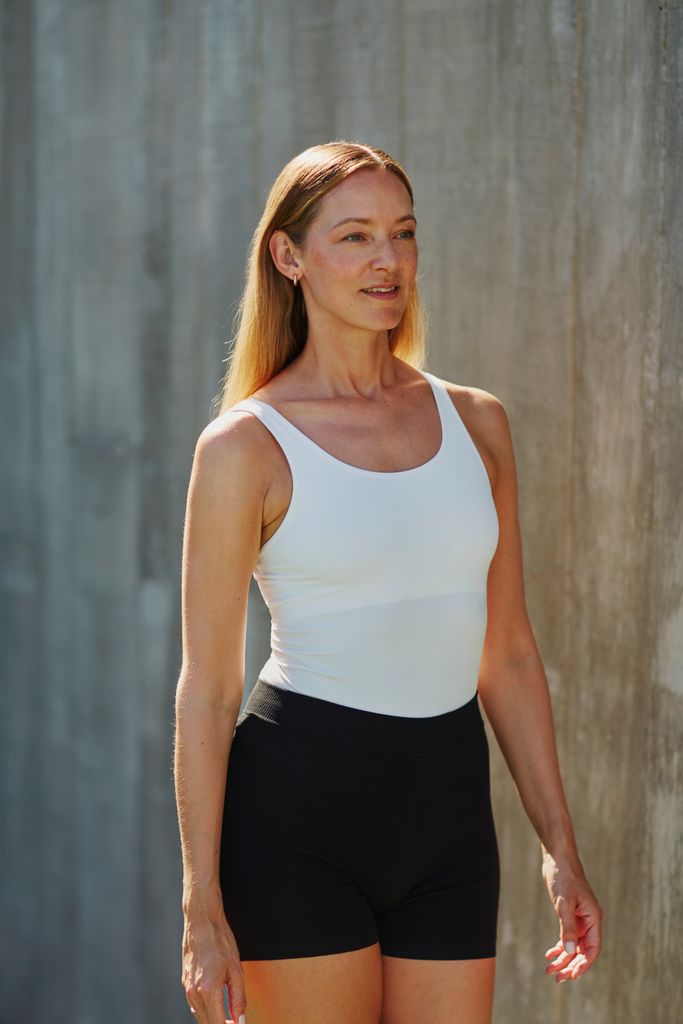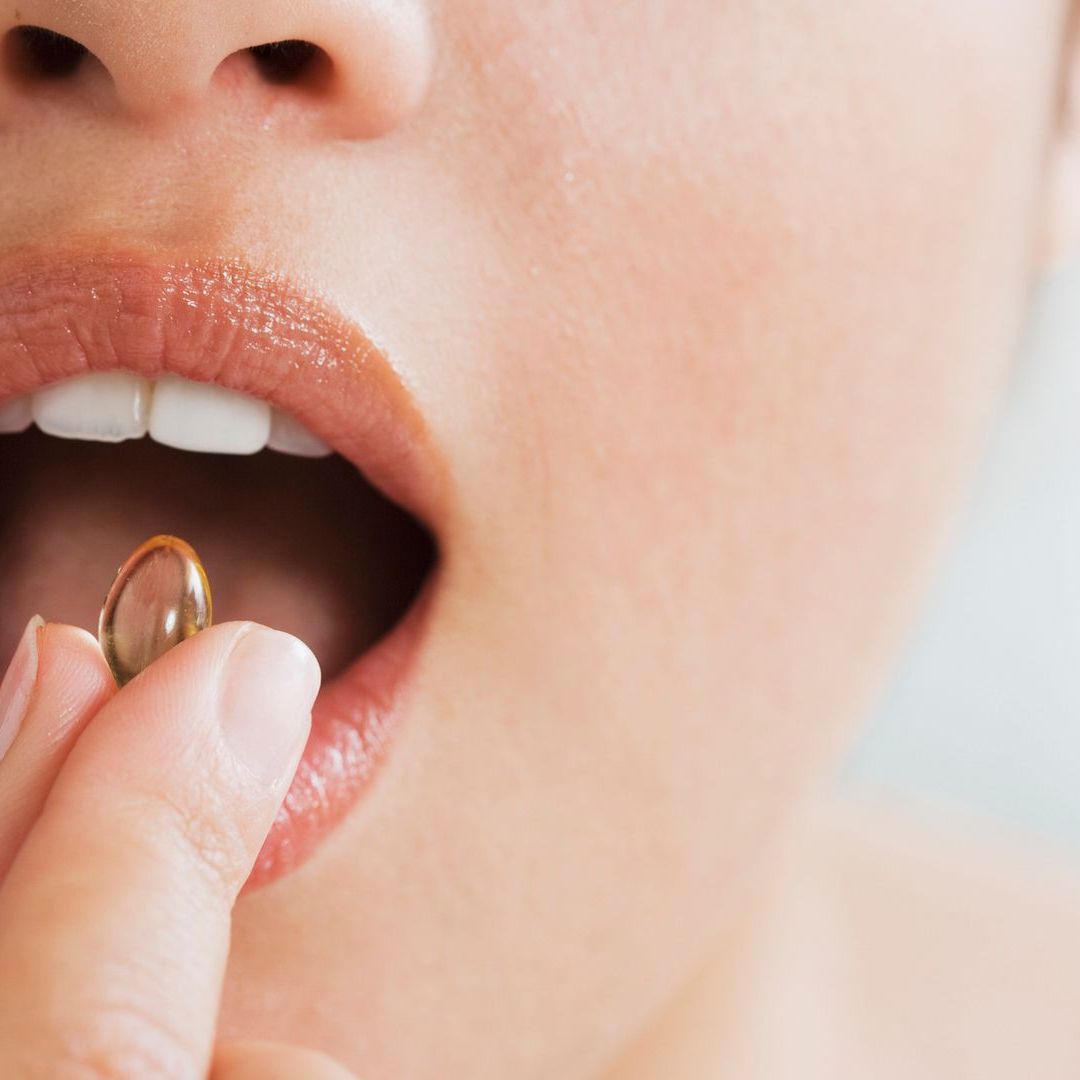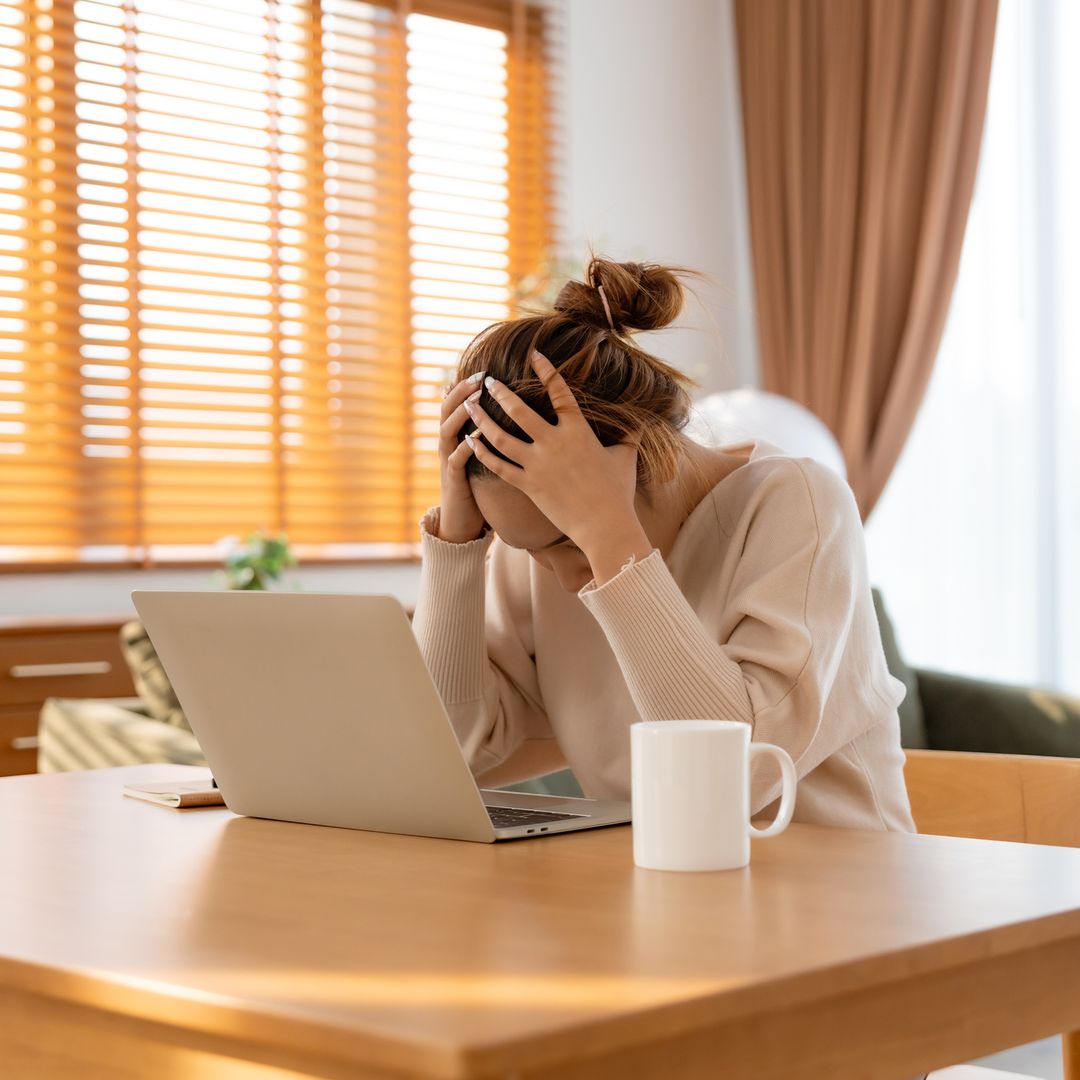It’s no secret that menopause can change the way your body looks, feels and behaves. After the age of 40, hormonal shifts make women more susceptible to weight gain and bone issues such as osteoporosis, explains celebrity personal trainer, Louisa Drake. Although you can’t control the natural changes that occur during perimenopause and menopause, you can take positive actions that support your metabolic health and help balance your hormones.
“The key is to understand the science behind menopause,” Louisa explains to HELLO! “Treat this as a new life stage of growth, strength, health, well-being and empowerment. Yes, there are a lot of changes that you can’t control. But there are also things you do have influence over, from your nutrition, through to your exercise and lifestyle.”
Louisa emphasises that there is no ‘one size fits all’ cure-all to the negative impact that menopause can have on your body. “Every woman is different. What you experience and how you respond to it will be unique to you, and your outlook and perception of what you’re going through can have a huge impact on how you feel during this time.”
Understanding our hormone behaviour is key, Louisa believes, for taking control of how our body behaves, looks and feels. “We can take positive actions that support our metabolic health and help balance our hormones at any age. Awareness of how we move and train around our menstrual cycles is a great way to educate yourself on the best times to go for your personal best or back off and select something that supports your hormones. As women we are ruled by them, so using an app or noting down how you feel and respond over the month is hugely insightful. From changes in energy, mood, headaches to digestion, these all affect how we feel and perform.”
Louisa’s advice to her clients which have included in the past, Victoria Beckham and Gwyneth Paltrow, is to treat this time “as an opportunity to invest in yourself, cultivate better health and wellbeing, and thrive during and after menopause.”
Here’s Louisa’s top tips for keeping you fit and healthy during menopause...
Do at least 10 minutes of exercise every day
The easiest way to do this? Louisa swears by walking. “It is the most accessible low impact exercise that anyone can do, at any level. Plus it's a great way to find some headspace. It produces those feel-good hormones and gives you the boost you’re looking for when you’re not feeling good.”
READ: What menopause experts want you to know about your new era
Follow a hormone-friendly diet
Focusing on nutrient-dense whole foods, including lean proteins, good fats, and seasonal produce can do wonders for your hormone health Louisa explains. “Some research suggests that spicy foods can trigger hot flashes,” Louisa points out. “So aim for a healthy balanced diet by hitting your macros - proteins, fat and carbohydrates and micronutrients, vitamins and minerals all contribute to this. Selecting nutrient dense foods and getting enough fibre into your meals will help keep you feel more energised, satisfied, keep your blood sugar levels balanced and bowel movement regular.”
Still do cardio, as long as you’re lifting weights too
Experts are constantly praising the benefits of resistance training during menopause as it helps to stimulate bone growth and keep issues like osteoporosis at bay, and Louisa shares the same views. But she does believe that introducing a cardio workout like a HIIT class will help you burn calories and fat to help treat that dreaded meno belly. “HIIT is an effective solution for promoting fat loss as it increases your metabolic rate for the following 24 hours, so your body's fat-burning process continues long after your workout, even at rest.”
READ: Why strength training is a must during menopause
Feeling stressed? Upgrade your sleep routine
Fluctuating hormones make sleep hard work, with hot flashes and night sweats making a regular appearance. “Lack of sleep and stress are partners in crime which impact our hunger hormones, mood and weight. Make sure your bedroom is cool enough and avoid using smartphones, computers, or watching television while in bed, and look into restorative habits such as meditation, deep breathing and yoga to stay balanced and on track.”
DISCOVER: What an insomnia therapist wants you to know about sleeping well
Avoid caffeine after 4pm
It’s well known that while caffeine can give you an immediate rush, it will also suck your energy levels dry and leave you feeling more drained than before. But what if you can’t kick the coffee habit? Louisa suggests trying to avoid caffeine after 4pm, especially if you suffer from sleep issues. And instead try a cup of caffeine-free tea. “Chamomile blends are delicious and calming, and are the ideal way to unwind.”











